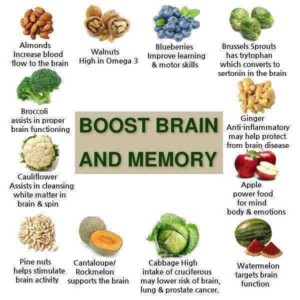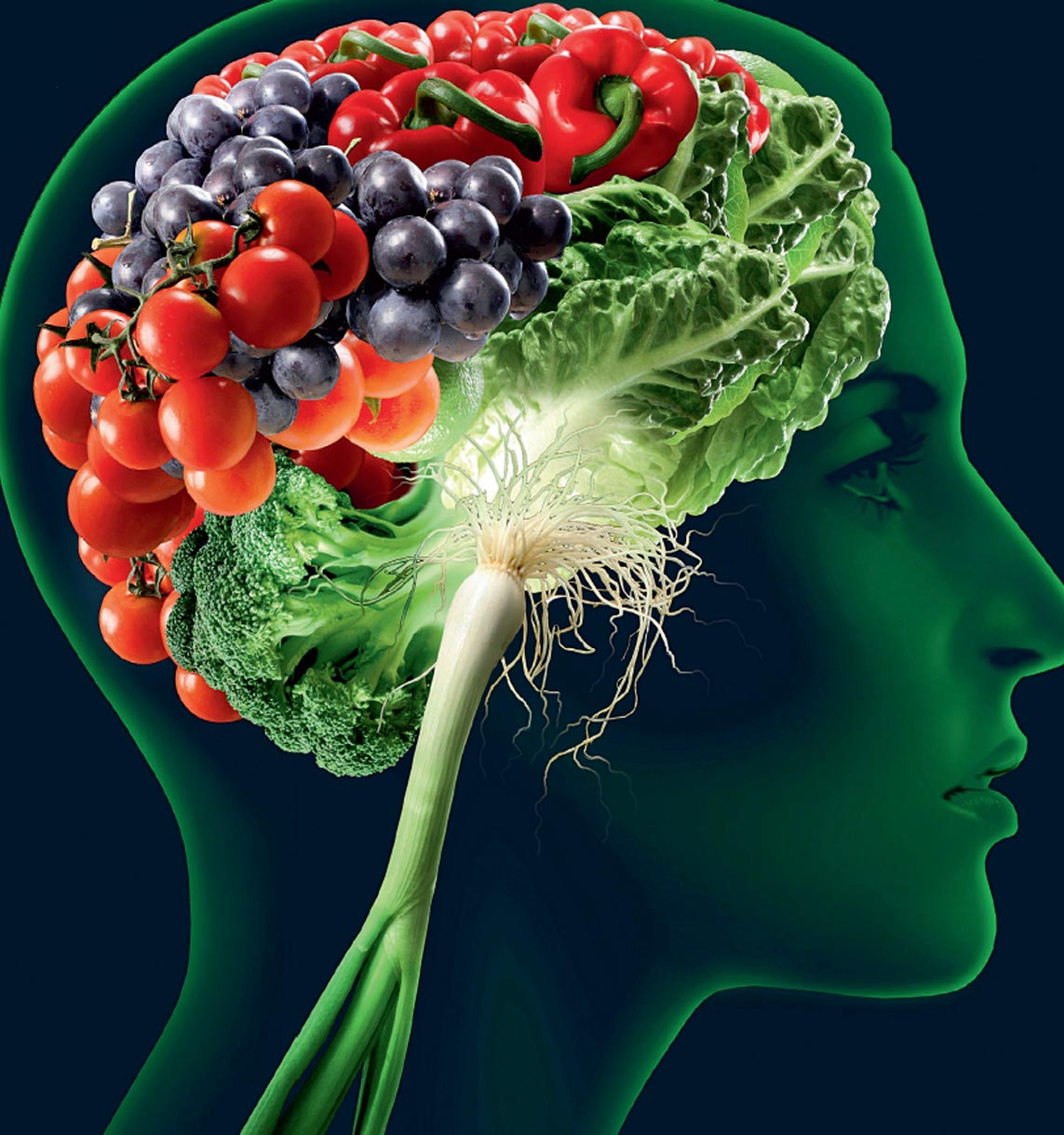Your brain needs nutrition for study. It needs to have the right nutrients in order to be able to function properly, let alone optimally. Just as nutrition is important for performance in sport, nutrition for study is just as important when it comes to learning. Let me give you a few dos and don’ts when it comes to food and study.
Nutrition for study dos
 Do make sure that you are eating lots of vegetables and fruit. This is just basic healthy eating. Really the more vegetables and fruit you eat the happier your body will be, including your brain. vegetables and fruits, especially green vegetables will also help balance your blood glucose which is vital for good brain function.
Do make sure that you are eating lots of vegetables and fruit. This is just basic healthy eating. Really the more vegetables and fruit you eat the happier your body will be, including your brain. vegetables and fruits, especially green vegetables will also help balance your blood glucose which is vital for good brain function.
Do eat breakfast! Your brain does not like it when your blood glucose is low, so it is important to eat a solid meal for breakfast. However, I must warn against eating a sugar loaded breakfast. 90% of cereals are no good. You need to read the package or better yet eat something that didn’t come from a package. Try eggs, wholemeal bread (darker the better), avocado, fruit, fresh vegetable juice (not from a package/bottle), or porridge (not covered in sugar) all make for a good option. If you do eat from a package check that the sugar content per 100g is less than 10g (i.e. less than 10% sugar).
Do eat plenty of fat!! I know it is probably not what you have heard from TV and possibly your teacher, but your nervous system is mostly made of fat (60% of your brain is fat). Now I am not saying go and eat any type of fat. You should eat plant-based fats/lipids or other fats high in Omega-3 (although cooking it will destroy many of these). Options such as Avocado, olive oil (preferably cold pressed), seeds and nuts etc all are high in good fats that your brain needs.
Drink lots of water! Make sure you stay hydrated by drinking 2-3L of water a day. You will want to drink around 500 mL when you wake up, as mostly you wake up dehydrated. Your brain needs water to function properly. The first signs of dehydration are an inability to remain focused, fuzzy in the head and getting a headache.
Do eat carbohydrates! They need to be complex to avoid irregular blood sugar levels. Complex carbohydrates such as dark rye bread, brown rice, fruits, nuts, legumes etc are all good for your brain.
Eating these foods will provide good nutrition for study and help improve your ability to study and retain information.
Nutrition for study don’ts
Don’t eat sugar!!! Stay away from lollies, soft drinks (do diet, no nothing!), chocolate, ice-cream-ice-blocks… anything with more than 10% sugar should be avoided. I can’t stress this enough, eating simple sugars, that have a high GI will result in your blood sugar going up and then crashing out leading to further cravings for sugar. This cycle continues until you stop eating sugar. So, NO SUGAR!!
Don’t drink caffeine! Caffeine will give you a buzz for a while, but it will also crash, just like the sugar and require another “hit” of caffeine in order for the normal function to resume. So if you are drinking caffeine or eating it – coffee, energy drinks, chocolate etc stop or at least reduce to once a week max!! Your brain will thank you for it and your study will improve.
What you eat is very important. You should think of it as training for a sports performance. The better the food you eat, the more nutrition you get and the better you will perform. If you make these changes, you will notice that you are more alert, more focused, happier, think more clearly and remember information for longer periods of time. Nutrition for study is very important and helps improve your results.
Further reading on nutrition for brain:
http://foodmatters.tv/content/10-food-tips-to-help-your-brain
http://foodmatters.tv/content/is-your-brain-starving-mind-blowing-q-a
http://foodmatters.tv/articles-1/how-to-boost-your-brain-power
http://www.health.harvard.edu/blog/nutritional-psychiatry-your-brain-on-food-201511168626
https://library.nd.edu/instruction/documents/Brain-Food-For-Studying.pdf






